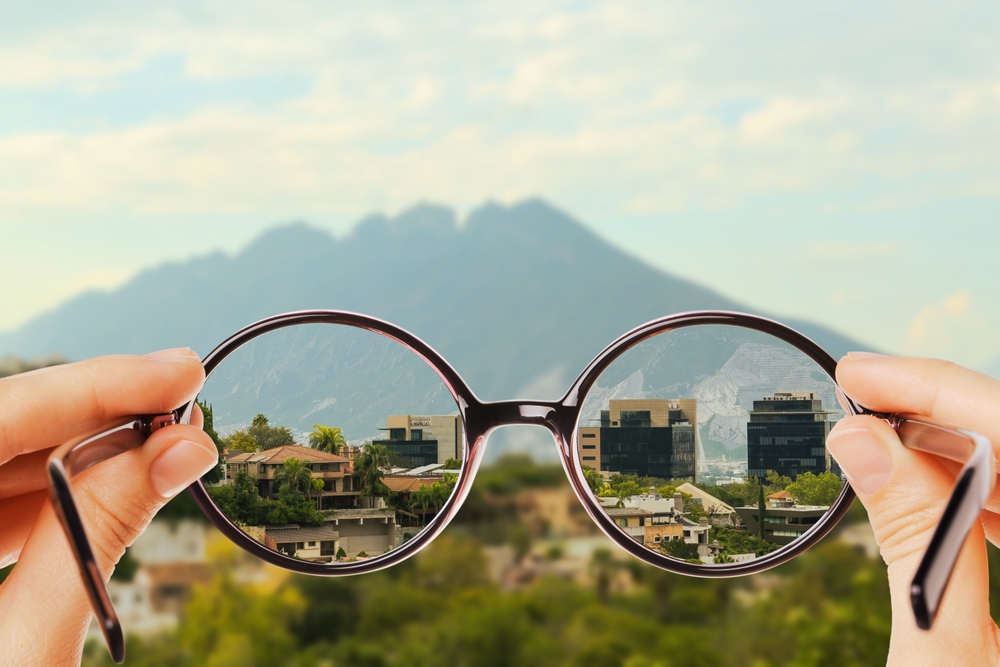
Myopia has become increasingly prevalent worldwide, affecting both children and teens. With rising concerns about early onset myopia and its progression, many people wonder: Is myopia inherited, or can it be prevented? Understanding the factors contributing to myopia can help in managing its progression and implementing preventive measures where possible.
Is Myopia Inherited or Developed?
Myopia can develop due to a combination of genetic and environmental factors. Research has shown that genetics play a significant role in myopia development. If one or both parents have myopia, their child is at a higher risk of developing it as well. Studies suggest that certain genes influence eye growth, making some individuals more susceptible to myopia.
While genetics contribute to myopia risk, environmental influences have a major impact on its progression. Factors such as excessive near work, prolonged screen time, and lack of outdoor activities have been linked to increased myopia development.
Increased Screen Time and Near Work: Spending extended hours on digital devices, reading, or doing close-up tasks can strain the eyes and contribute to myopia progression.
Lack of Outdoor Exposure: Studies indicate that children who spend more time outdoors are less likely to develop myopia. Natural light exposure and engaging in distance-focused activities help regulate eye growth and reduce the risk of myopia progression.
Can Myopia Be Prevented?
While myopia cannot always be completely prevented, early intervention and lifestyle adjustments can help slow its progression.
Encourage Outdoor Time: At least two hours of outdoor activity per day has been shown to reduce the risk of myopia development in children.
Limit Screen Time: Implementing the 20-20-20 rule—looking 20 feet away for 20 seconds every 20 minutes—can help reduce eye strain.
Proper Lighting and Ergonomics: Ensuring good lighting conditions and maintaining an appropriate reading distance can reduce eye strain.
Regular Eye Exams: Routine eye check-ups can help detect early signs of myopia and allow for timely intervention.
The Role of Myopia Management
If your child is diagnosed with myopia, proactive management is crucial to protect their long-term eye health and vision. Myopia tends to progress during childhood, and if left unmanaged, it can lead to higher prescriptions, increasing the risk of serious eye conditions such as retinal detachment, glaucoma, and myopic maculopathy later in life. Implementing myopia management strategies, such as specialized contact lenses, atropine eye drops, or lifestyle modifications like increased outdoor time, can slow its progression and reduce the likelihood of severe vision complications. Early intervention not only helps preserve your child’s vision but also supports their academic performance and daily activities by ensuring they can see clearly and comfortably.
Schedule Your Child’s Eye Exam Today
While myopia has a genetic component, environmental factors significantly influence its onset and progression. Although it may not always be preventable, adopting healthy visual habits, spending time outdoors, and scheduling regular eye exams can help manage and slow its progression.
If your child are experiencing vision changes, schedule an eye exam with Chan Eye Care to explore options for managing myopia effectively. Visit our office in Virginia Beach, Virginia, or call (757) 430-8800 to book an appointment today.








